With Nigeria’s total debt stock projected to hit N80 trillion by the end of 2023 further subsidy payments could cause a total collapse of our already fragile economy.
By Femi Soneye
For nearly two decades, the Nigerian government has literally been robbing Peter and handing the proceeds to Paul through a programme that has denied millions of poor Nigerians access to basic social amenities.
That programme, the payment of subsidy on petrol was introduced in 2000 during the administration of President Olusegun Obasanjo.
At the time, Nigeria was experiencing supply challenges from its refineries in Port Harcourt, Warri and Kaduna. To get around the problem, the Obasanjo administration set up a committee to review pricing and distribution of petroleum products. The committee in its recommendation advised President Obasanjo to set up a Petroleum Products Pricing Regulatory Committee (PPPRC). That committee would later in 2003 become the Petroleum Products Pricing Regulatory Agency (PPPRA), which lasted till 2021 when it was scrapped by the Petroleum Industry Act (PIA) 2021.
Essentially, the subsidy on petroleum represented government’s attempt at reducing the cost of petrol bought by citizens through the provision of direct financial support to oil marketing companies to offset their cost of transporting petroleum products from loading points to their retail outlets.
In addition to this objective, the subsidy programme was supposed to stimulate economic growth whilst keeping the cost of petrol low for Nigerians.
On the surface, the subsidy scheme was a laudable programme by government, but it would turn out not only to be a drain on government resources but more importantly, an avenue of further enriching a few wealthy Nigerians whilst making the poor poorer by denying access to basic social amenities which government ought to have provided with the funds channeled toward the subsidy programme.
The amount spent on subsidy between 2005 and 2023 totaling over N21 trillion speak to a colossal waste of public funds on a programme that has added little value to the lives of millions of Nigerians.
A recent report by the Nigeria Extractive Industries Transparency Initiative (NEITI) shows that whereas N13.7 trillion was spent on subsidy between 2005 and 2021, N8 trillion was spent between 2022 and the first half of 2023 alone.
According to a breakdown of annual subsidy spending provided by NIETI in the report shows that in 2005, starting year for the survey, N351 billion was spent while the figures for 2006-2010 were N257 billion, N272 billion, N272 billion, N631 billion, N469 billion and N667 billion. In 2011, spending spiked to a whopping N2.1 trillion.
For the years 2012-2017, spending on subsidy was N1.36 trillion; N1.32 trillion; N1.2 trillion, N654 billion, N240 billion and N154 billion. From 2018 to the first half of 2023 government spent N1.1 trillion; N508 billion; N864 billion N1.43 trillion, N4.4 trillion and N3.6 trillion
The NEITI report further showed that concerning spending on petroleum products by the five income groups in Nigeria, the richest 20 per cent consumes 75 percent of petrol in the country while the poorest 20 percent consumes just 1 per cent of the product.
Still on income groups, NIETI, quota data supplied by the Nigerian Bureau of Statistics, said the richest 40 percent consumes 90 percent of the fuel while the poorest 40 percent consume 4 percent of fuel subsidy spending.
NEITI attributed the disparity in figures to the vehicle ownership structure in the country where the rich have multiple cars with the use of Premium Motor Spirit (PMS) accounting for 96 per cent of total products consumed in the country.
“This implies that 90 per cent of PMS subsidy benefits go to the rich, and just 4 per cent to the poor,” the NIETI report noted.
A report by This Day newspaper last month noted that a study measuring the impact of subsidies on all fuels including kerosene showed that the rich enjoyed twice as much benefit from subsidy on petrol while benefits from subsidy on kerosene was evenly distributed. The paper noted though that the price of kerosene at N1500 per litre in the black market where it is mostly found is practically beyond the reach of the poor.
It is clear from the breakdown of figures supplied above by NIETI that subsidy regime is clearly unsustainable. What began as a genuine concern by government to equalize the price of petroleum products nationwide, has led to several unintended consequences such as diversion of petroleum products to neighbouring countries, smuggling by government officials, subsidizing the lavish lifestyles of the rich whilst the poor for whom government principally took the decision to subsidize and not the least, channeling government resources away key sectors where government spending is truly needed.
With Nigeria’s total debt stock projected to hit N80 trillion by the end of 2023 further subsidy payments could cause a total collapse of our already fragile economy. As a trained accountant President Bola Tinubu well knows the implication of spending above one’s income. A World Bank report said recently that Nigeria spent 96.3 percent of its revenue to service its debt in 2022. This is clearly unacceptable and certainly not sustainable even in the short term.
As much as the removal of subsidy will hurt Nigerians especially against the background of the double-digit inflation and spiraling prices of commodities, it is the best decision government can take at this time. No nation, no matter how powerful and prosperous can survive in the long term with the kind of subsidy regime in place in Nigeria. Funding the programme has depleted the resources of the nation to the extent that in a report released by the Nigerian National Petroleum Company Limited (NNPCL) in October 2022, the company disclosed that it recorded zero revenue from export of oil due to payment of subsidy. That month alone government paid N199 billion on subsidy.
The Tinubu administration must stand firm in the face of resistance to the removal of the subsidy. It must set sentiments aside and do what is needed to set Nigeria on the path to economic recovery. Nigeria is in dire straits. Buffeted on all sides by economic and social challenges not the least of which is a deplorable security situation that has cost thousands of lives and disrupted economic activities especially farming, government cannot continue to waste scarce resources on what is clearly an unprofitable venture.
To re-energize the economy, government needs to re-direct funds to critical sectors to spur growth and development. Spending N40 billion daily to subsidize one litre of petrol at the cost of N600, is not smart economics by any stretch of the imagination.
Nigeria’s health and education sectors long neglected by successive administration could benefit significantly from massive injection of funds. In addition to funding of these two key sectors, funds freed from subsidy payments should also be channeled towards development of infrastructure.
Also, putting an end to the regime of subsidy will induce government to pay serious attention to our refineries to boost domestic production of petroleum products thus reducing our dependence on imported fuel. This will have the added advantage of creating more jobs locally.
Another advantage of killing subsidy payments is that it will engender the true pump price of petrol, which will help improve product availability and attract investments to the sector.
More importantly, removing subsidy will eliminate the long queues at petrol stations across the country and free Nigerians from endless pains and sufferings that come with fuel scarcity.
Soneye, is a political commentator and publisher of Per Second News







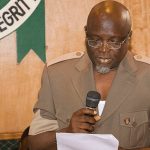

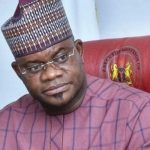



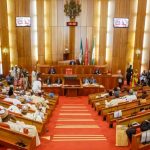
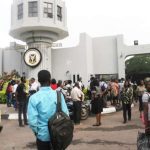
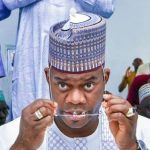

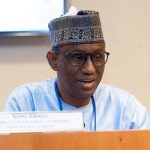
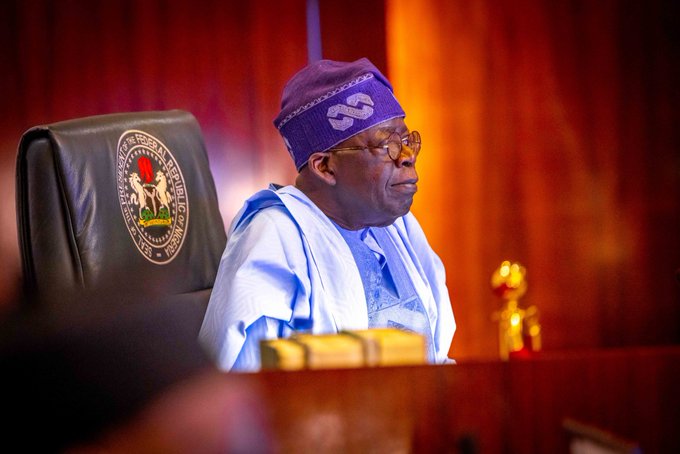
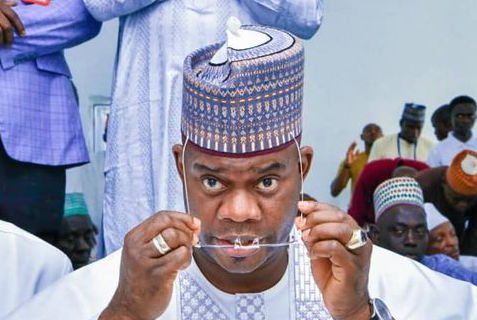



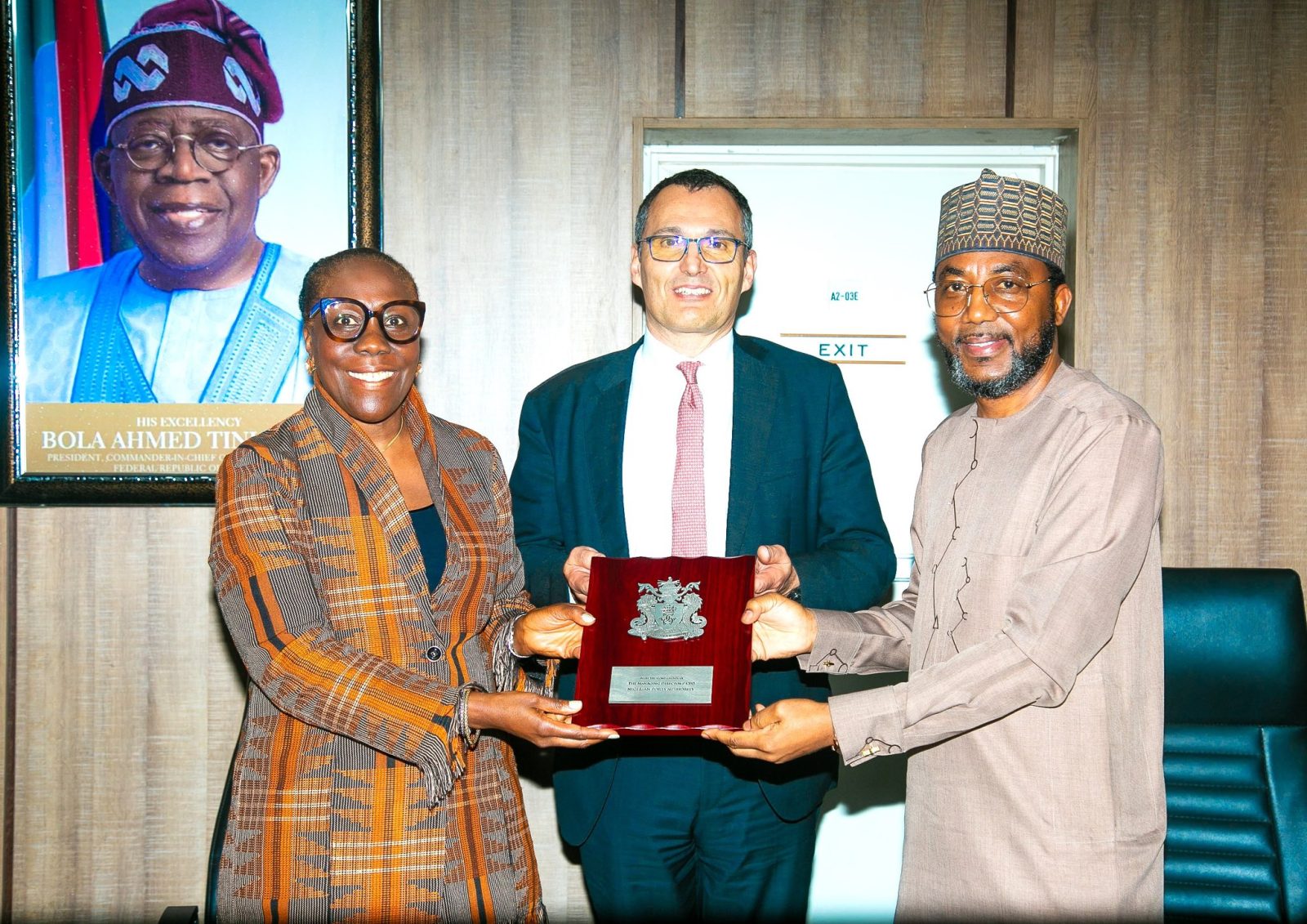
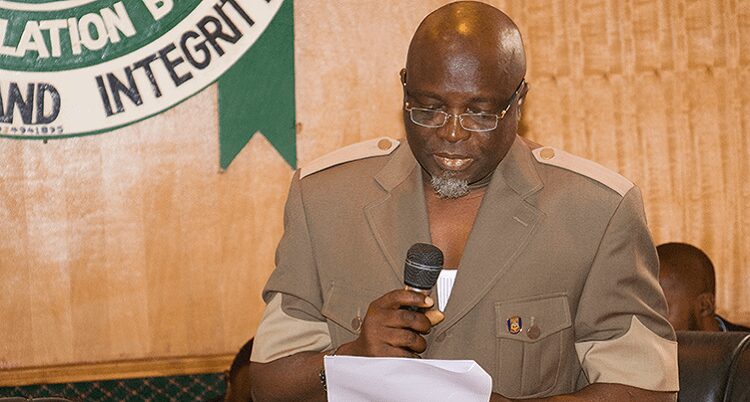
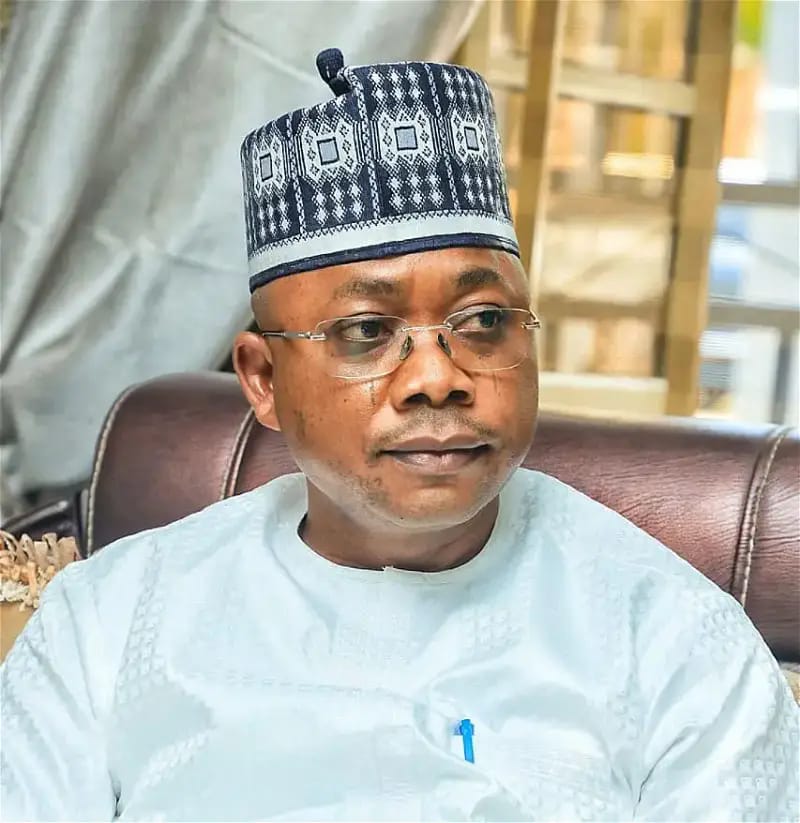
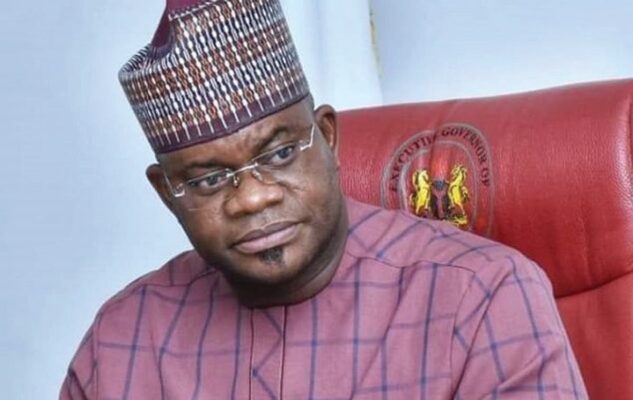
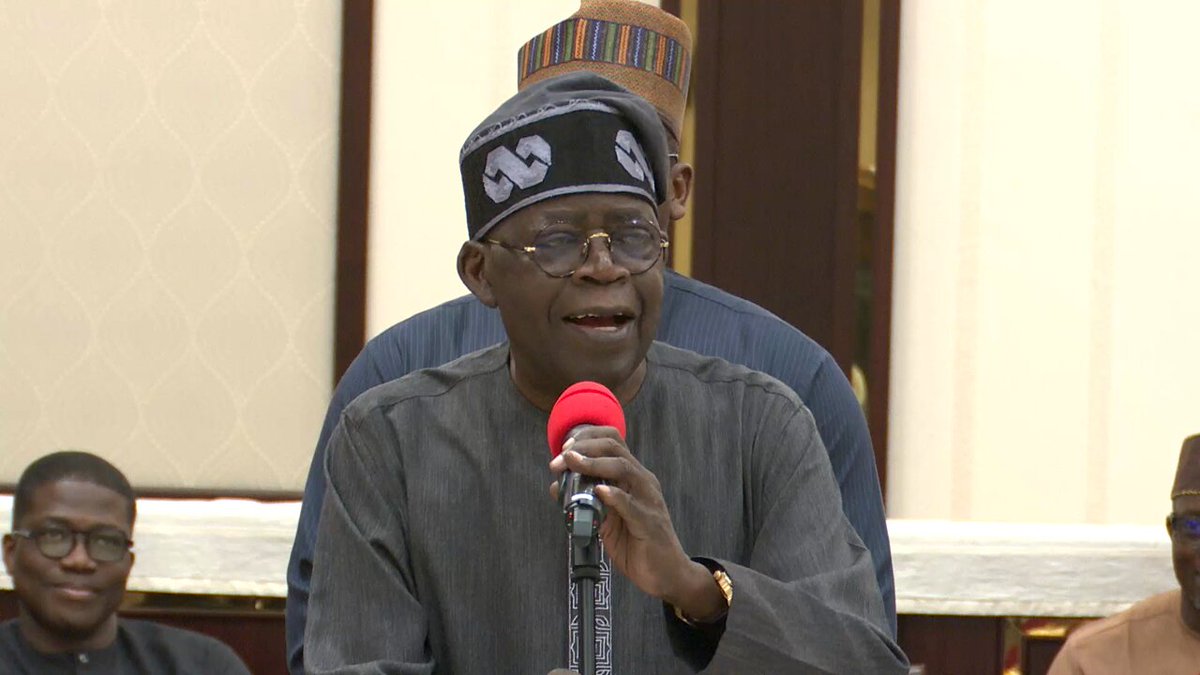

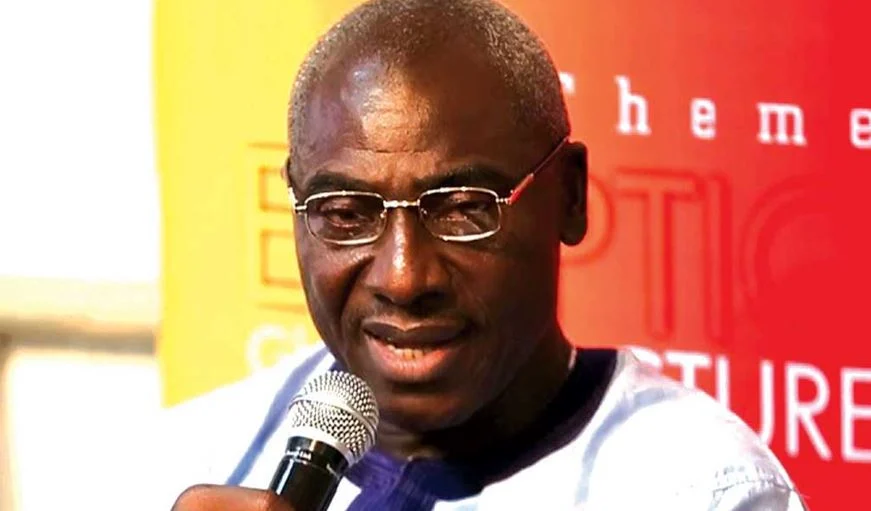
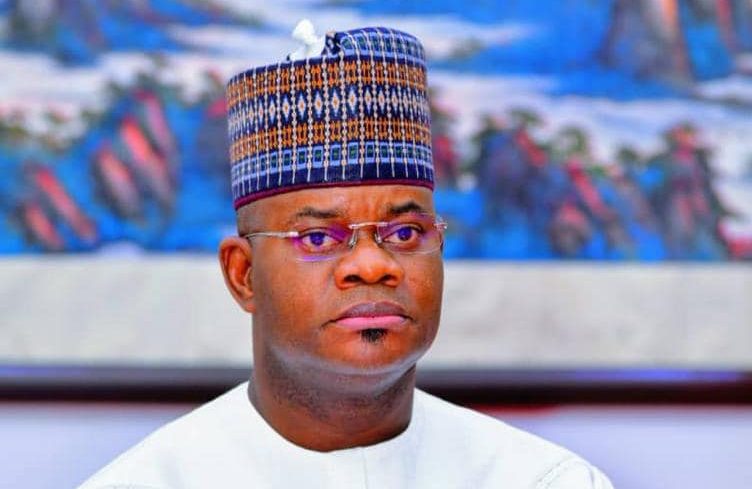
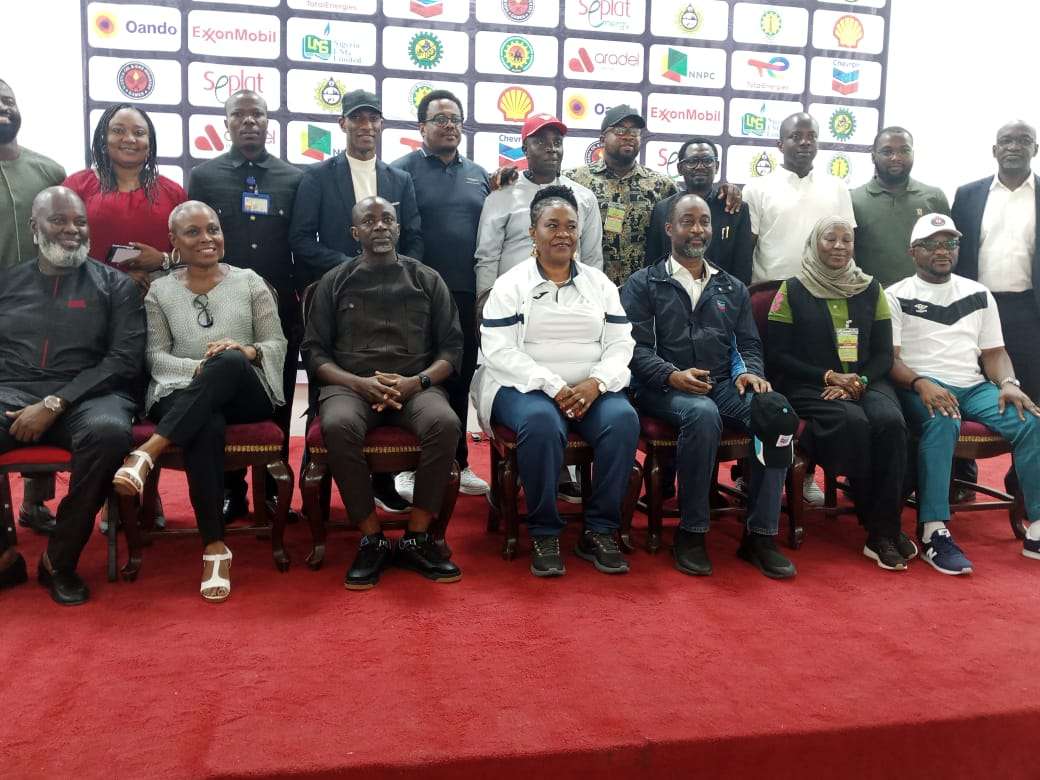
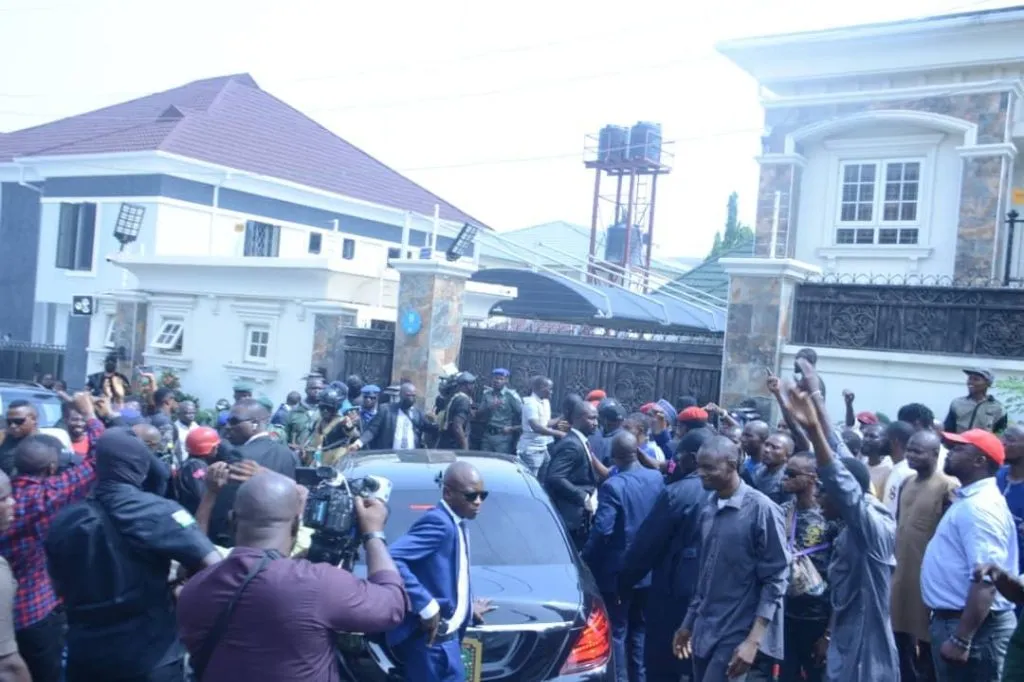
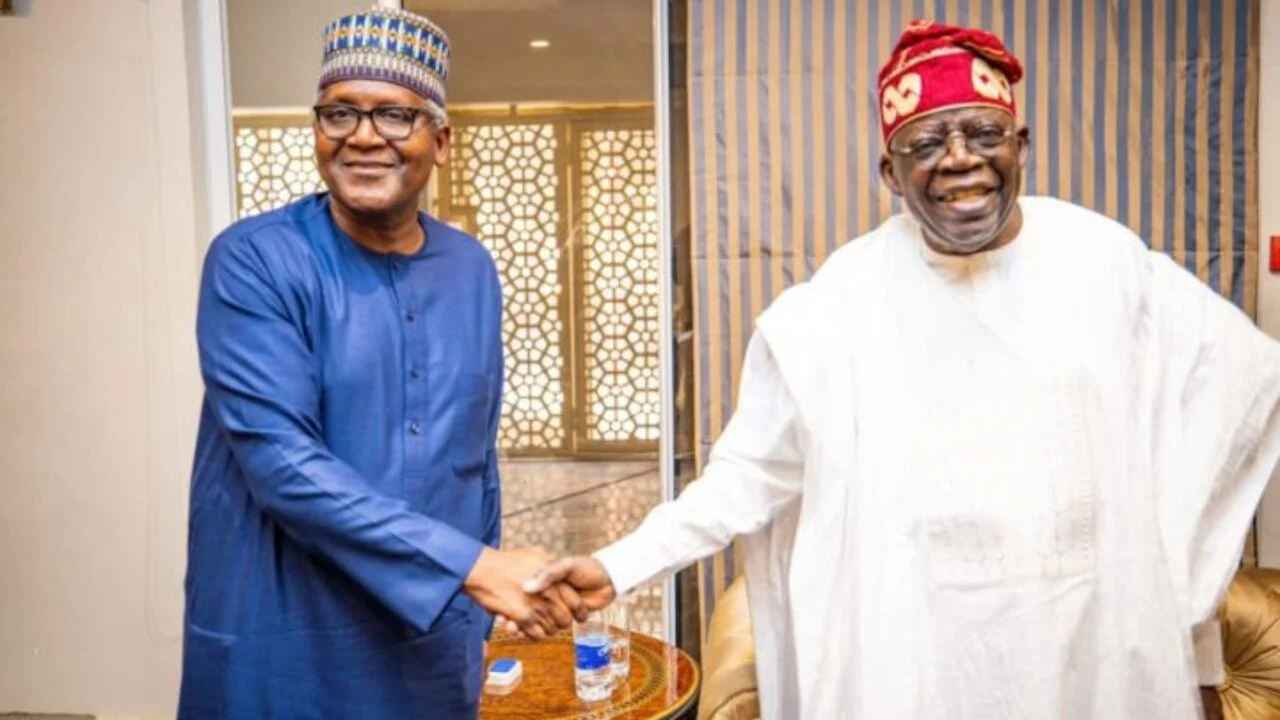
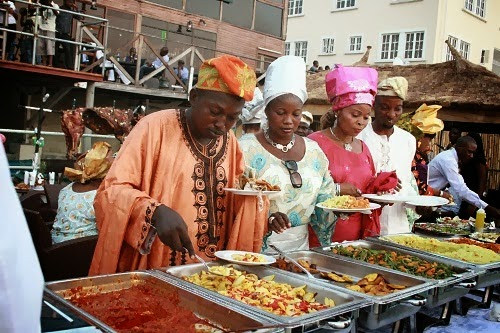

Leave a comment